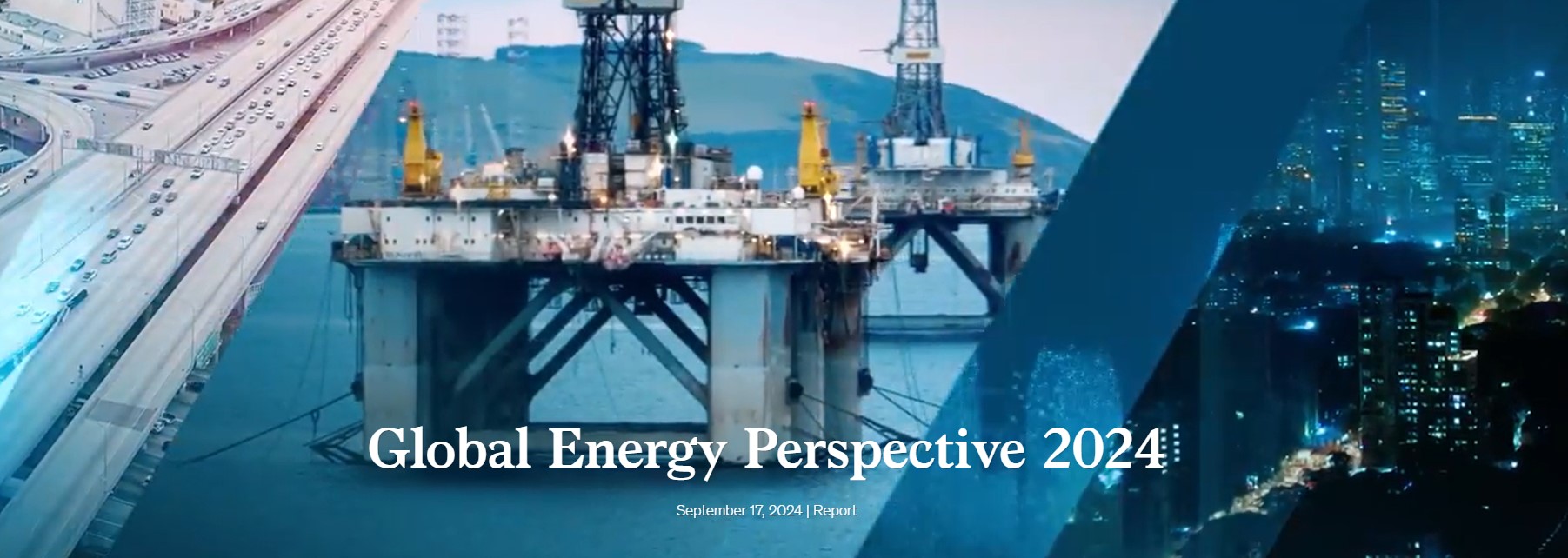Si bien se han logrado avances desde el Acuerdo de París, la transición energética mundial está entrando en una nueva fase, marcada por el aumento de los costos, la complejidad y los mayores desafíos tecnológicos. Para atravesar con éxito esta próxima fase y cumplir con los objetivos del Acuerdo de París, se necesitarán medidas urgentes y el ritmo del cambio debe acelerarse. La transición a la energía limpia también deberá equilibrarse con la asequibilidad, la resiliencia del sistema energético y la seguridad energética en un entorno macroeconómico cada vez más incierto. El documento adjunto, producido por la consultora McKinsey & Co., ofrece una perspectiva detallada de la demanda para 68 sectores y 78 combustibles, así como tres escenarios de transición energética. Estos escenarios se han rediseñado este año para reflejar mejor las condiciones globales cambiantes, incluidos los cambios geopolíticos, las cadenas de suministro cada vez más complejas y una mayor inflación. La pregunta crítica que esta investigación pretende abordar es cómo el mundo puede lograr un cambio radical en sus esfuerzos por alcanzar los objetivos de cero emisiones netas y evitar los peores impactos del cambio climático.
While significant progress has been made in the nine years since the landmark Paris Agreement, the global energy transition is entering a new phase, marked by rising costs, complexity, and increased technology challenges. To successfully navigate this next phase and meet the Paris Agreement goals, urgent action will be needed and the pace of change must accelerate. The clean energy transition will also need to be balanced with affordability, energy system resiliency, and energy security in an increasingly uncertain macroeconomic environment.
The Global Energy Perspective 2024 is intended to serve as a fact base grounded in the best currently available data to help global stakeholders meet decarbonization goals. The report offers a detailed demand outlook for 68 sectors and 78 fuels across a 1.5° pathway, as set out in the Paris Agreement, as well as three bottom-up energy transition scenarios. These scenarios have been redesigned this year to better reflect changing global conditions, including geopolitical shifts, increasingly complex supply chains, and higher inflation. The critical question this research aims to address is how the world can achieve a step change in its efforts toward meeting net-zero goals and avoid the worst impacts of climate change.
Successfully navigating the transition away from fossil fuels will require focusing beyond a single solution or technology. There are no silver bullets—the future calls for a holistic transformation of the global energy system by incorporating a range of proven and emerging levers. To do this, considerations beyond technological feasibility will need to be addressed, spanning capital deployment, improving business cases, ensuring economic returns, adjusting regulation, and establishing continued political and public support in the face of competing economic and societal priorities.
![]() Fuente: https://www.mckinsey.com
Fuente: https://www.mckinsey.com


